Global warming has a direct impact on agriculture.
Reduced water availability and high temperatures negatively affect the plant reproductive processes and therefore hamper the normal fruit or seeds development, thus limiting both crop yields and fruits quality. The C4C project (part of the ERA‐NET Cofund FOSC within the European Union’s Horizon 2020 research and innovation programme, www.foscera.net, addresses the research area of plant productivity under a climate change scenario focusing on the resilience to reduced water input and rising temperatures.
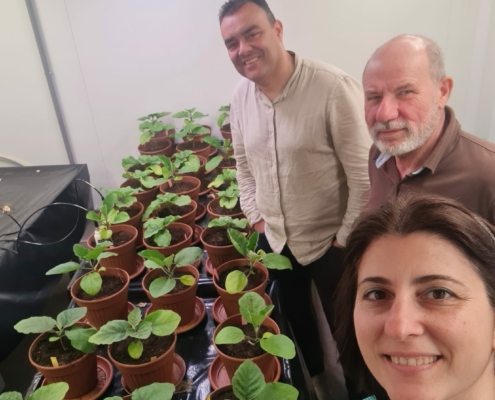 @https://www.c4c-cropsforchange.net/
https://www.c4c-cropsforchange.net/wp-content/uploads/2023/11/Visiting-the-moroccan-partner.jpg
1824
1368
wp_12013433
https://www.c4c-cropsforchange.net/wp-content/uploads/2024/07/crop-change-fosc-rotondo.jpg
wp_120134332024-09-25 11:19:362024-09-26 07:34:03Visiting the moroccan partner (FPN-UMP) of “C4C-FOSC” project the Italian partner (CREA-Montanaso)
@https://www.c4c-cropsforchange.net/
https://www.c4c-cropsforchange.net/wp-content/uploads/2023/11/Visiting-the-moroccan-partner.jpg
1824
1368
wp_12013433
https://www.c4c-cropsforchange.net/wp-content/uploads/2024/07/crop-change-fosc-rotondo.jpg
wp_120134332024-09-25 11:19:362024-09-26 07:34:03Visiting the moroccan partner (FPN-UMP) of “C4C-FOSC” project the Italian partner (CREA-Montanaso)
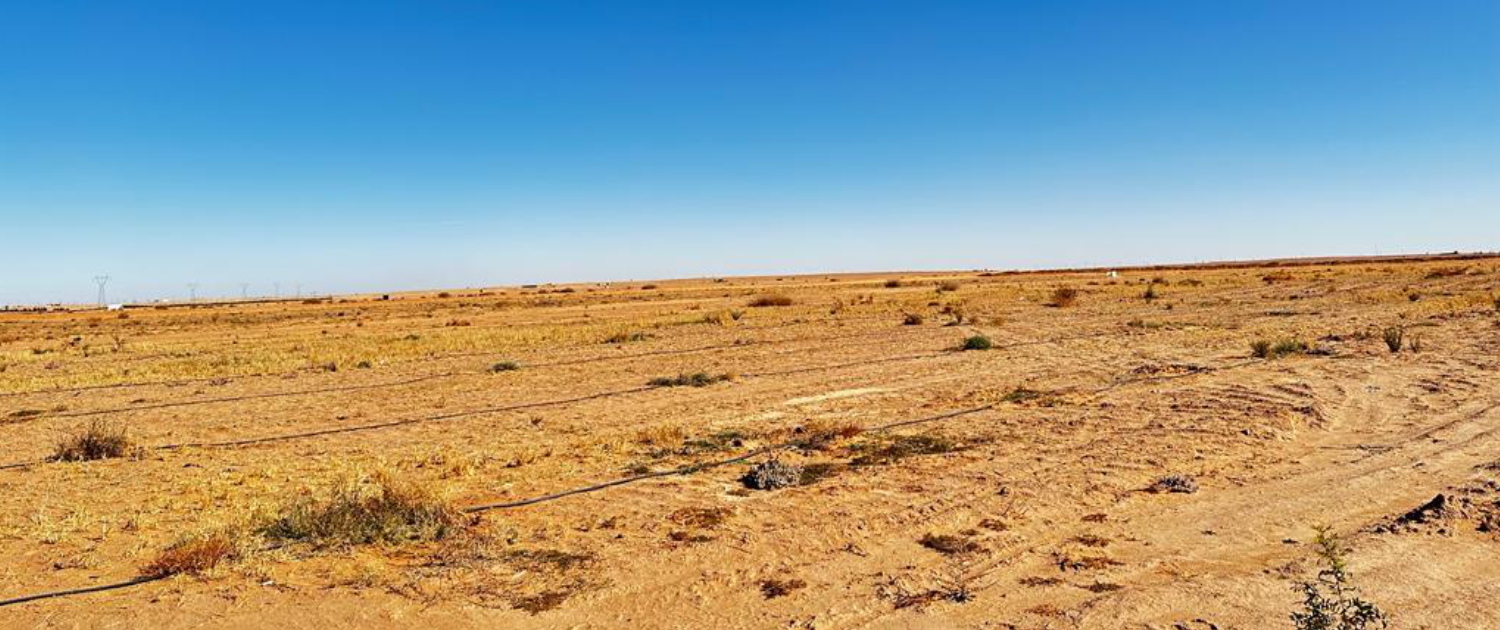
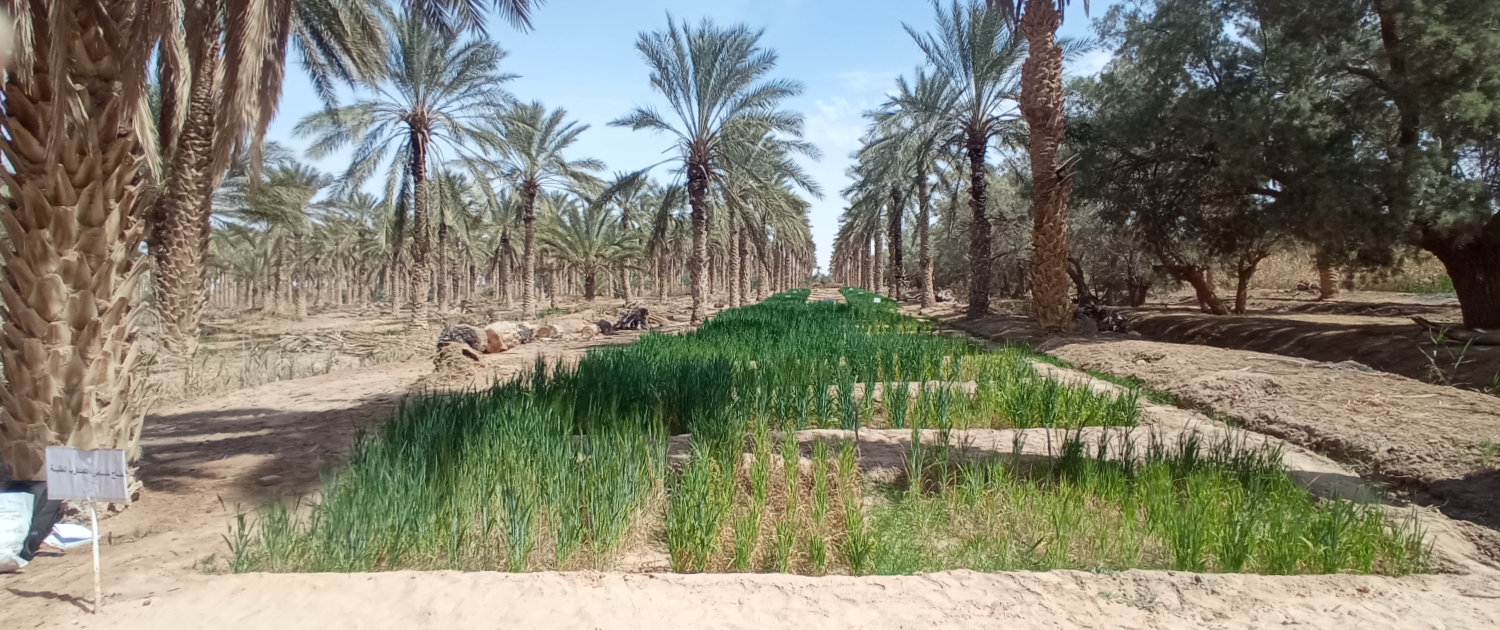
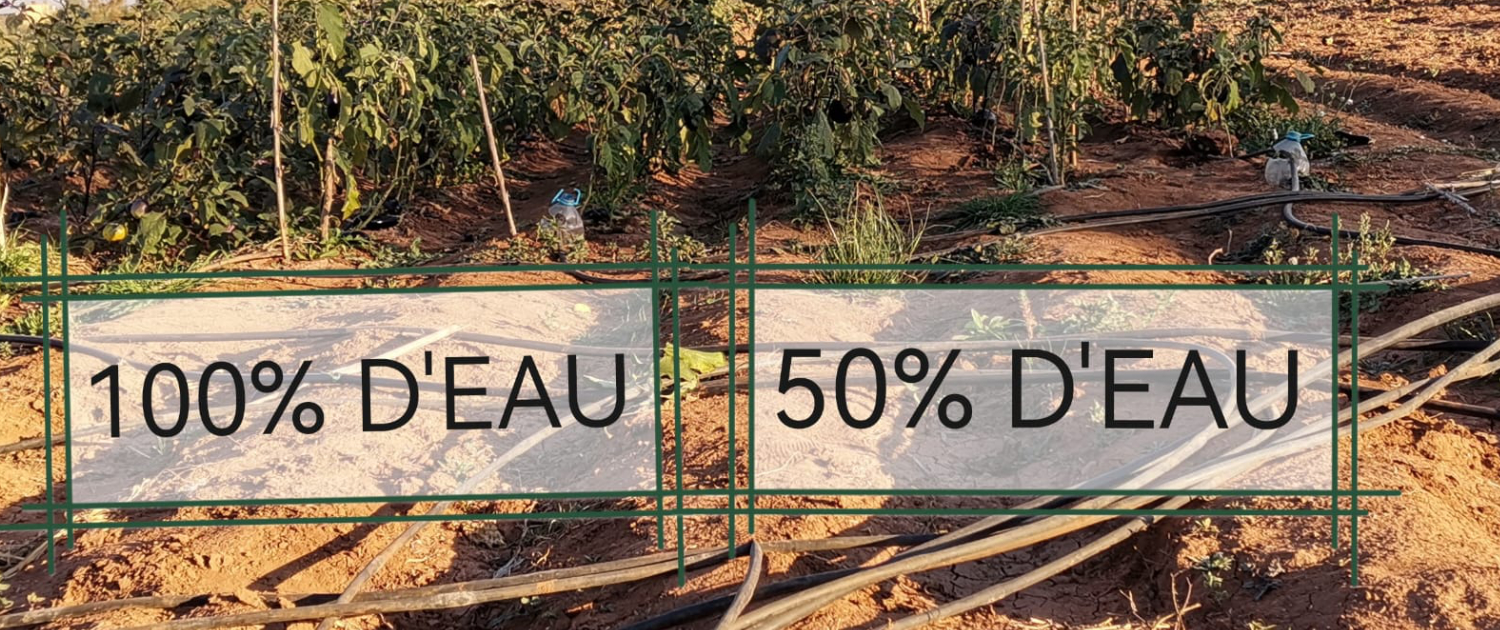
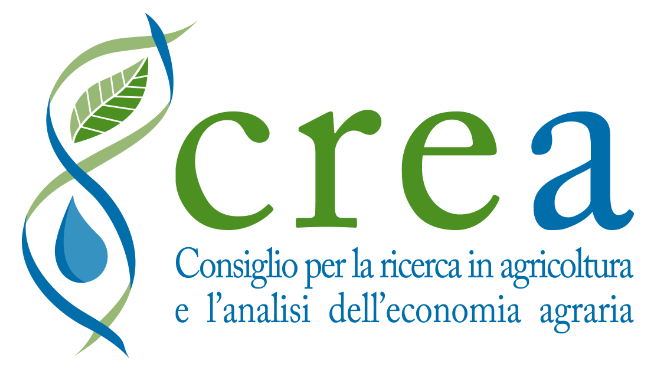
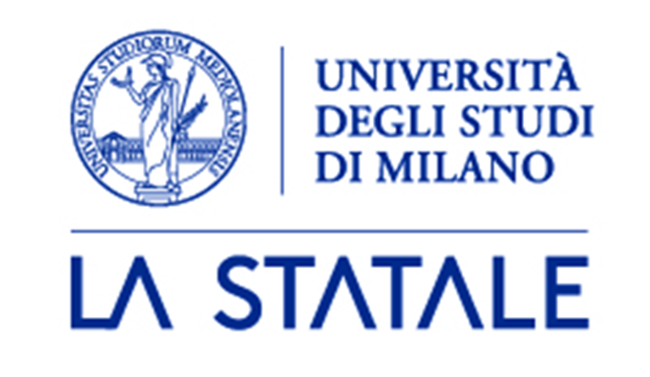
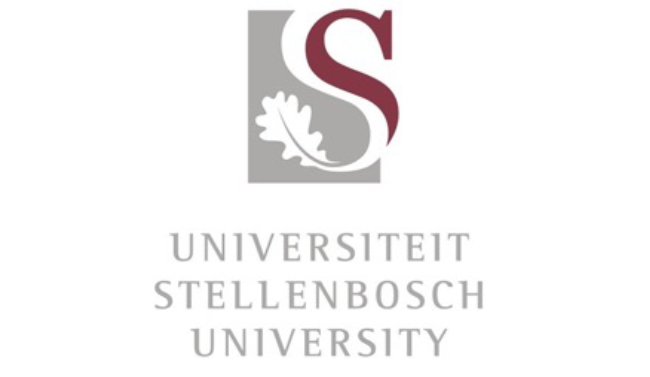
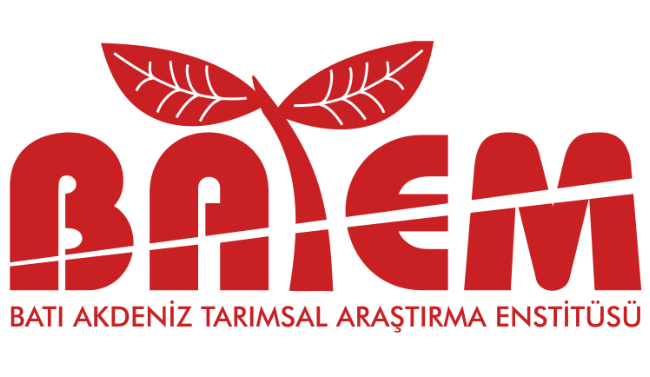
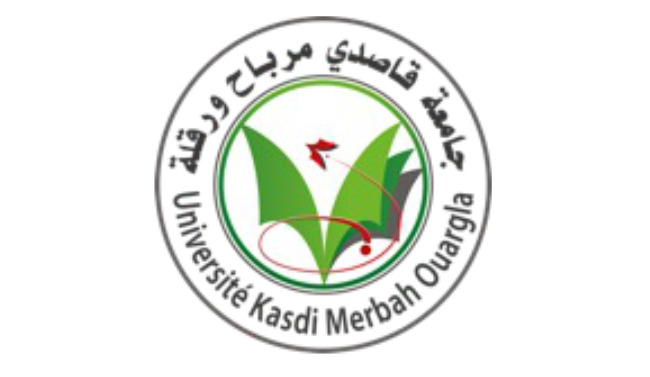

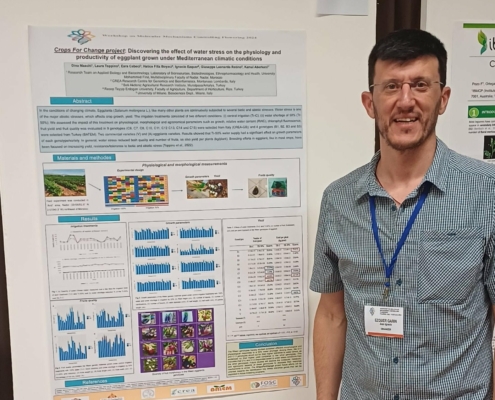 @https://www.c4c-cropsforchange.net/
@https://www.c4c-cropsforchange.net/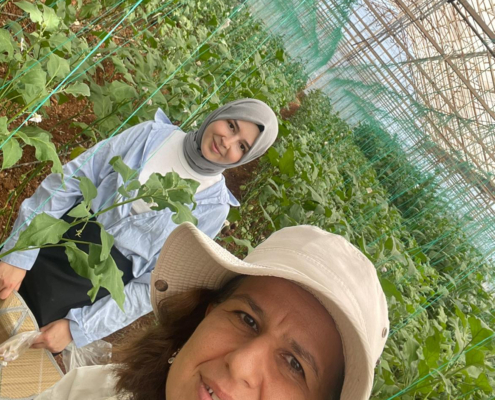
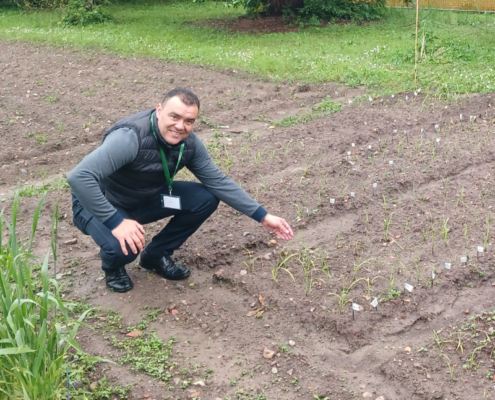 c4ccropsforchange
c4ccropsforchange